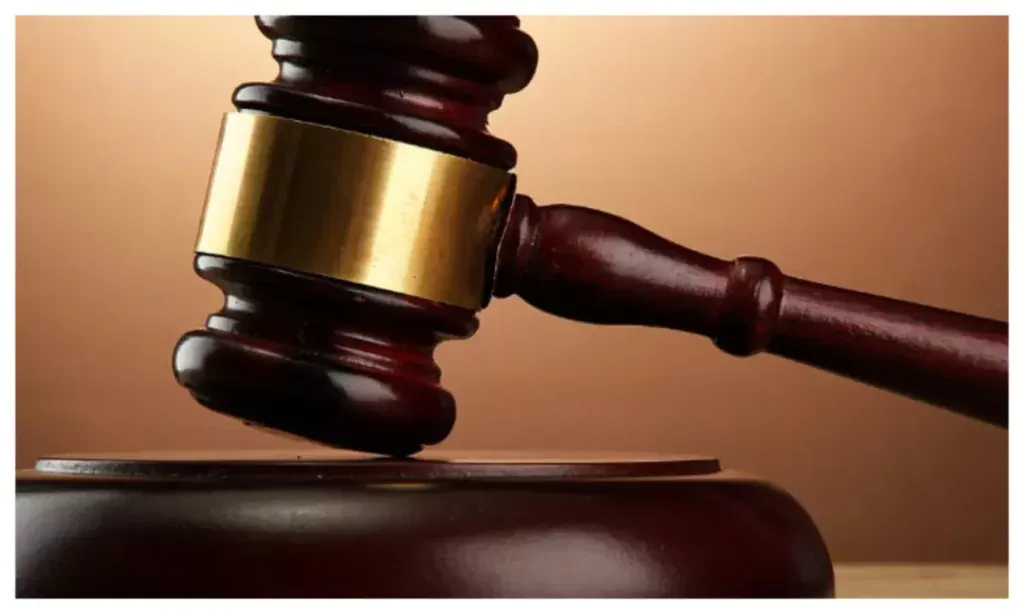South Africa’s World Heritage Sites in Peril: A Tale of Neglect and Sewage Pollution
South Africa, a signatory to the Unesco Convention, has failed to uphold its obligations to protect its World Heritage Sites. A staggering three sites – the Cradle of Humankind, the Vredefort Dome, and Robben Island – are under threat from sewage pollution, a situation that has left the country’s reputation tarnished.
The Cradle of Humankind, a site renowned for its ancient fossils of humanity’s ancestors, has been thrust back into the spotlight after President Cyril Ramaphosa urged officials to stop the flow of sewage through the area. The Percy Steward Wastewater Treatment Works, operated by the Mogale City administration, has collapsed, releasing untreated sewage into the Blaaubankspruit, which flows past the famous Sterkfontein Caves.
This is not a new issue. Media outlets, including our own, reported on this problem last year. Yet, a year later, it appears that nothing has been done to address the situation. The Mogale City officials responsible for the site’s maintenance will undoubtedly be remembered for their negligence, which has compromised a site of immense importance to the study of pre-history.
The situation is dire, with the Cradle of Humankind, a site that attracts tourists and scholars from around the world, facing an unprecedented threat. The Vredefort Dome, another World Heritage Site, is also under threat from sewage pollution, while Robben Island, the former prison of Nelson Mandela, is facing similar challenges.
The Unesco Convention, which South Africa signed, obliges the country to protect its World Heritage Sites. However, the current situation suggests that the government has failed to uphold its obligations. The consequences of this failure are far-reaching, not only for the sites themselves but also for the country’s reputation and the tourism industry.
As the situation continues to deteriorate, it is imperative that the South African government takes immediate action to address the issue. The country’s World Heritage Sites are not only a source of national pride but also a valuable resource for the global community. It is time for the government to take responsibility for protecting these sites and upholding its obligations under the Unesco Convention.


